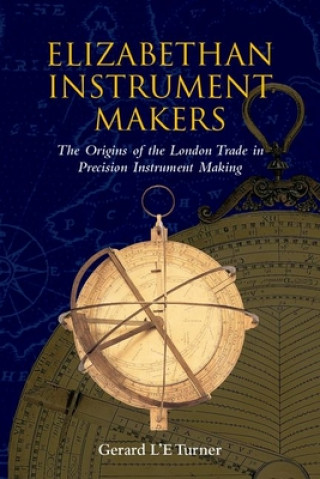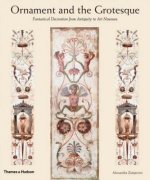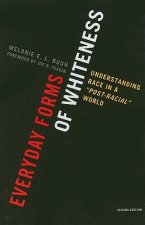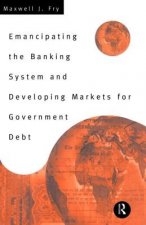
Kézbesítés
Vásárlási tanácsadó





Nem vált be? Semmi gond! Nálunk 30 napon belül visszaküldheti
 Ajándékutalvány
bármilyen értékben
Ajándékutalvány
bármilyen értékben
Ajándékutalvánnyal nem nyúlhat mellé. A megajándékozott az ajándékutalványért bármit választhat kínálatunkból.
Elizabethan Instrument Makers
 Angol
Angol
 223 b
223 b
30 nap a termék visszaküldésére
Ezt is ajánljuk


Europe in the sixteenth century experienced a period of unprecedented vitality and innovation in the spheres of science and commerce. The Americas had been discovered and the colonizing nations had an urgent need for mathematical instruments for navigation and surveying. The Elizabethan age saw the establishment of the precision instrument-making trade in London, from 1540, a trade that would become world-famous in the succeeding two centuries. The first of a group of London makers was an immigrant from Flanders, Thomas Gemini, succeeded by the Englishman, Humfrey Cole. It has proved possible to find over 100 surviving mathematical instruments, signed and unsigned, made by a group of London makers during the reign of Queen Elizabeth I. This book describes these instruments in detail, together with the methods by which unsigned instruments are attributed. It tells how the skills of dividing and engraving on brass developed in parallel with the map-making and printing for which the Low Countries were the most important centre. There was already a demand in Elizabethan England for these skills, since accurate measurement was crucial to the professions of navigation, surveying, fortification, and gunnery. England, at war with Spain, eager to exploit the riches of the New World, and, at home, experiencing the re-distribution of monastic property to individual landowners, urgently needed these new professions.
Információ a könyvről
 Angol
Angol
Kategória




 Hogyan vásároljunk
Hogyan vásároljunk
























